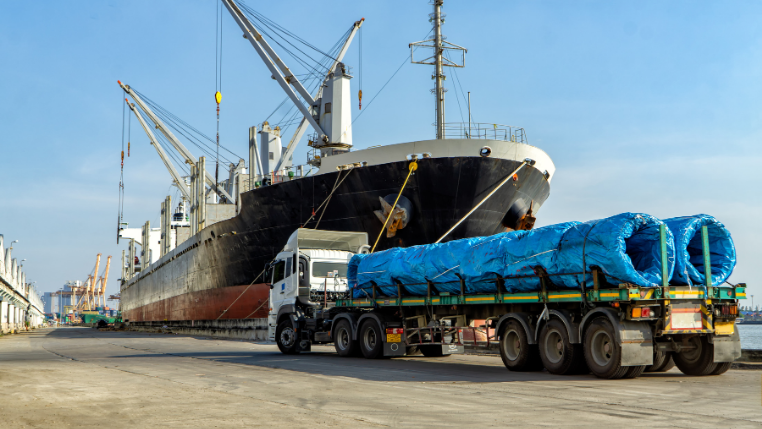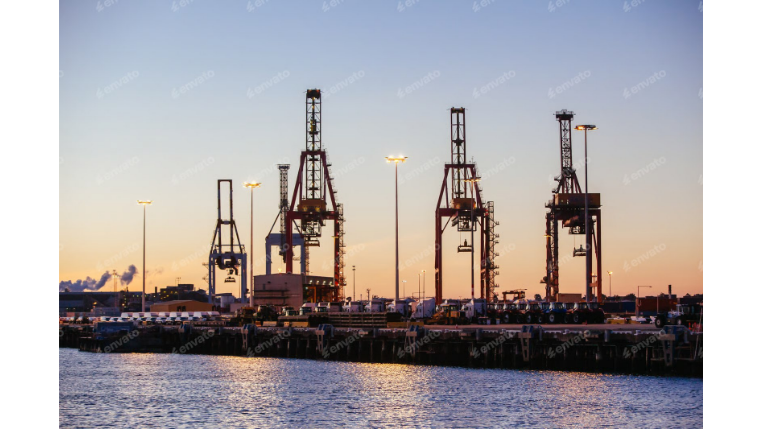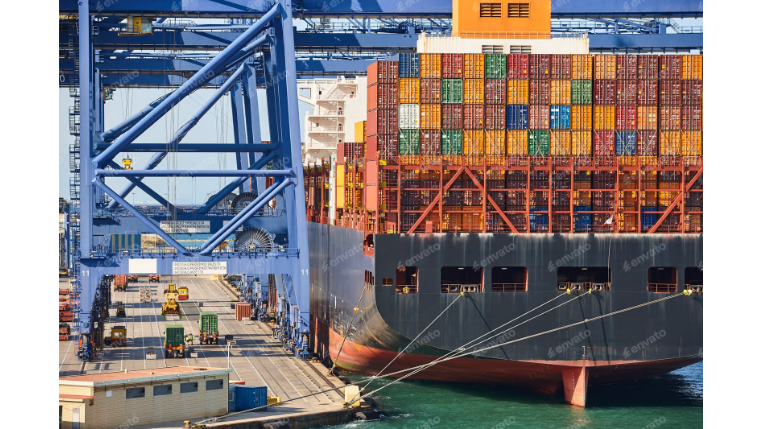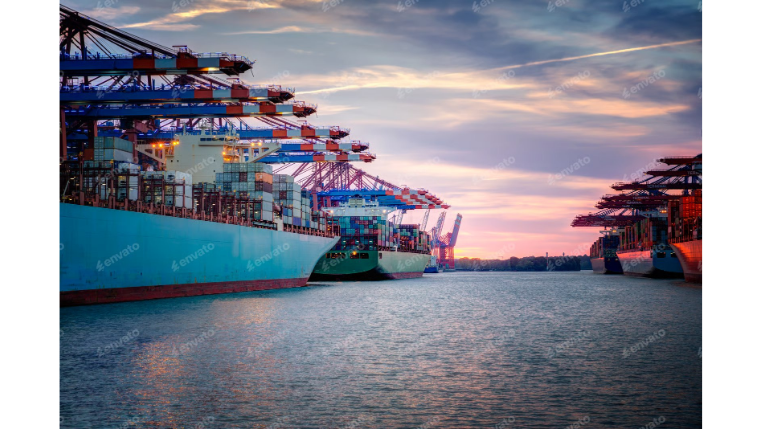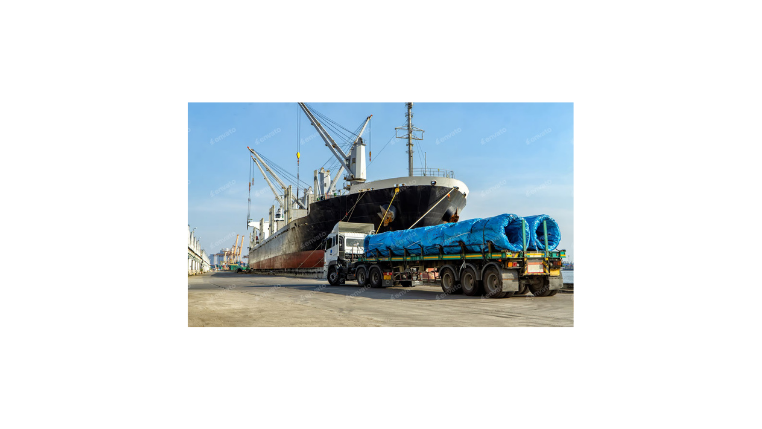What Is Cargo Insurance and How Does It Work?
Cargo insurance is essential for protecting goods in transit—whether by land, sea, or air. It provides peace of mind to shippers, freight forwarders, and consignees by covering potential losses or damages during transport. But how exactly does cargo insurance work, and why is it so important in global trade?
In this guide, we break down the basics of cargo insurance, its types, how it operates, and how to choose the right coverage for your shipment.
What Is Cargo Insurance?
Cargo insurance is a type of policy that compensates for loss or damage to goods while they are being transported. It applies to shipments moved via trucks, ships, planes, or trains—domestically or internationally.
Without cargo insurance, the shipper or consignee could bear the full financial burden if goods are damaged, stolen, or lost en route.
Why Is Cargo Insurance Important?
Global supply chains are vulnerable to various risks, including:
- Accidents or natural disasters
- Theft or piracy
- Mishandling or improper storage
- Delays or route changes
Cargo insurance helps mitigate these risks by offering financial protection and ensuring business continuity.
How Does Cargo Insurance Work?
Cargo insurance works by reimbursing the policyholder (usually the shipper or consignee) if the goods are damaged or lost during transit under covered circumstances. Here's how it typically functions:
- Coverage Agreement: The shipper or logistics provider purchases a policy outlining what is and isn’t covered.
- Policy Activation: Coverage begins as soon as the cargo leaves the point of origin.
- Claims Process: If damage or loss occurs, the policyholder files a claim with documentation such as a bill of lading, photos, and an incident report.
- Compensation: The insurer investigates and compensates according to the policy terms.
Types of Cargo Insurance
Different types of cargo insurance cater to various shipping needs:
1. Land Cargo Insurance
- Covers goods moved by trucks or trains.
- Ideal for domestic shipments.
2. Marine Cargo Insurance
- Covers goods transported by sea or air.
- Crucial for international trade.
Within these broad categories, there are specific coverage levels:
a. All-Risk Coverage
- Covers most types of physical loss or damage.
- Excludes events like war, strikes, or customs rejection.
b. Named Perils Coverage
- Covers only specific risks listed in the policy (e.g., fire, collision, theft).
c. General Average
- Shared liability principle in maritime law.
- All parties share the cost if cargo is sacrificed to save the vessel.
What's Covered by Cargo Insurance?
Typical cargo insurance policies may cover:
- Theft and loss
- Accidental damage
- Natural disasters (storms, earthquakes)
- Fire and explosions
- Cargo abandonment
- Handling damages
What’s excluded usually includes:
- Improper packaging
- Inherent product defects
- Delays (without damage)
- Customs seizure
Who Needs Cargo Insurance?
Cargo insurance is crucial for:
- Importers and exporters managing international freight
- E-commerce businesses shipping high-value goods
- Manufacturers and distributors using third-party logistics
- Freight forwarders providing end-to-end service
Even if your carrier offers limited liability, it may not fully cover the cargo's value—making dedicated insurance a wise investment.
How Much Does Cargo Insurance Cost?
The cost depends on:
- Cargo value
- Type of goods
- Route and destination
- Transportation method
- Coverage limits and deductibles
Average rates: Cargo insurance typically ranges from 0.3% to 1% of the insured value.
How to Choose the Right Cargo Insurance Policy
When selecting a policy, consider:
- Cargo type and value: Fragile or high-value items need broader coverage.
- Transport mode: Different risks apply to air, sea, and land.
- Destination risks: Some regions have higher theft or piracy rates.
- Coverage scope: Understand exclusions and limitations.
- Reputation of insurer: Choose providers with global claims support.
